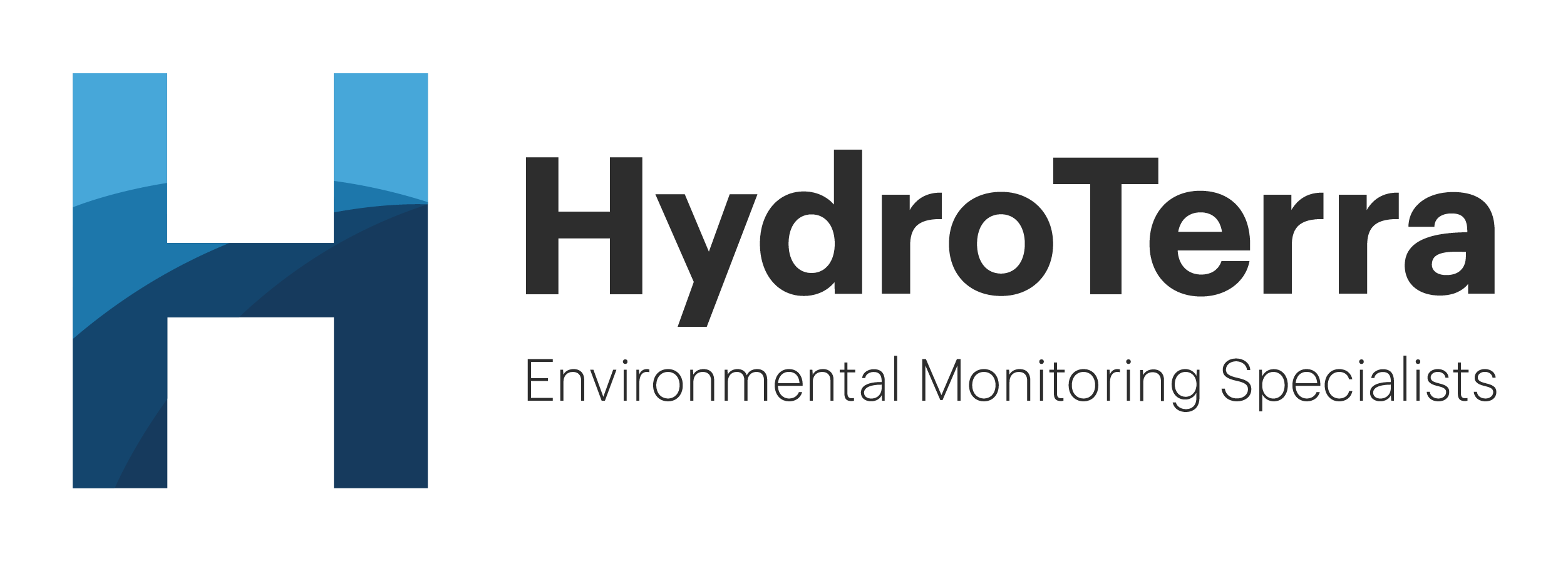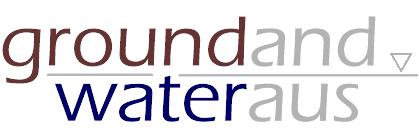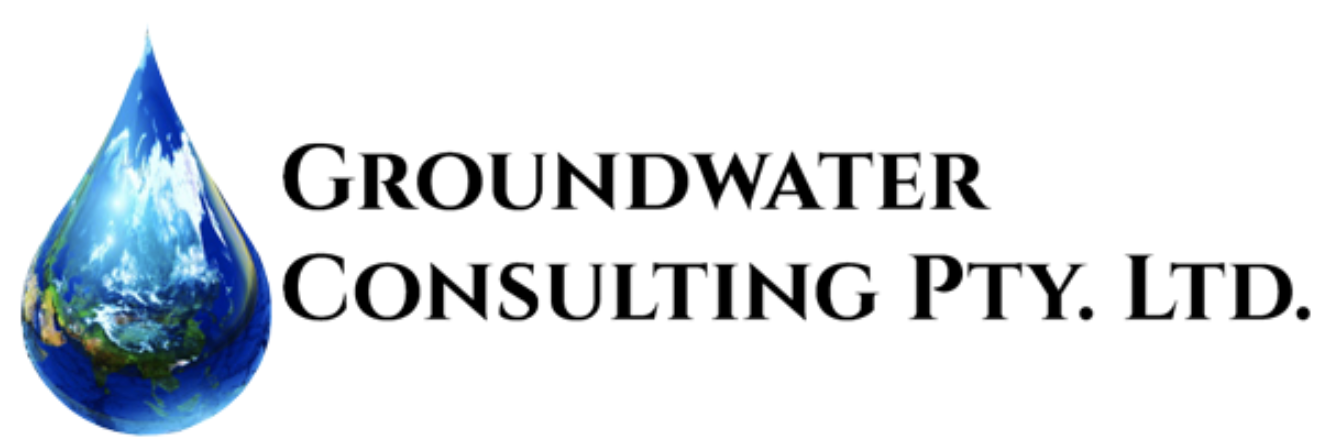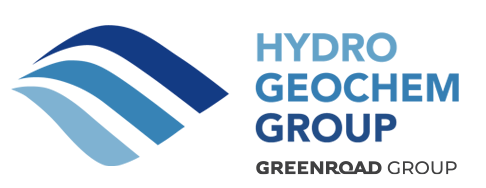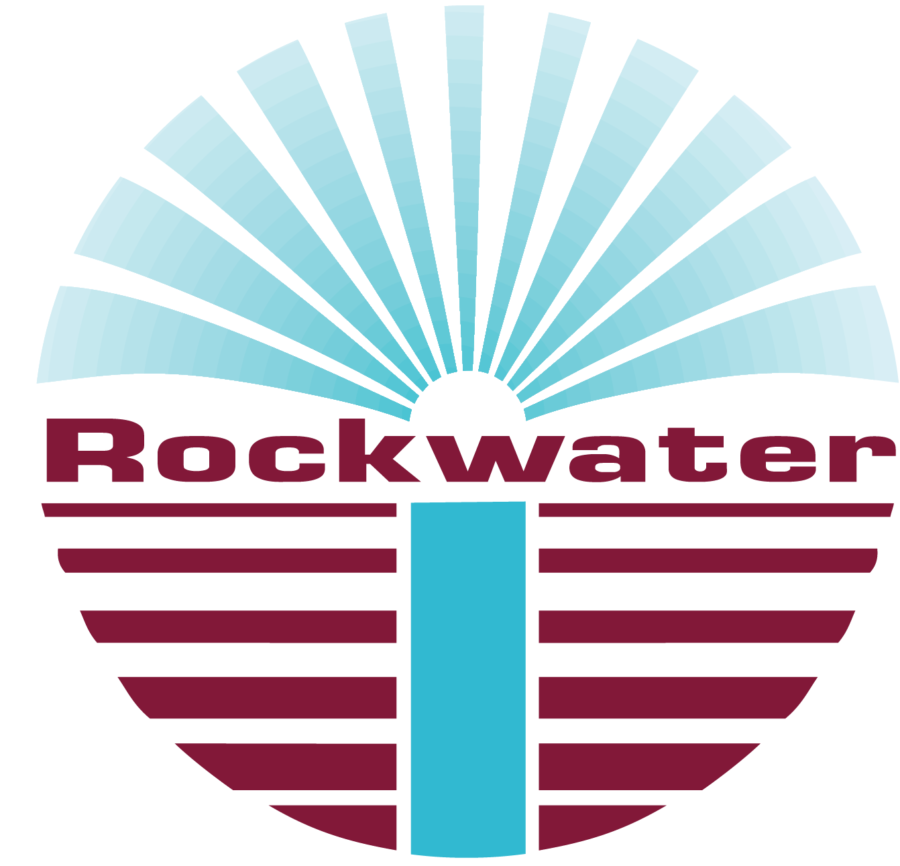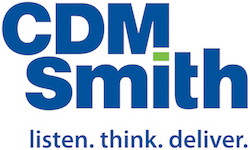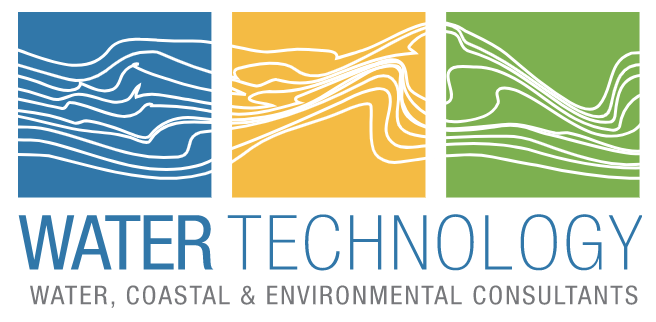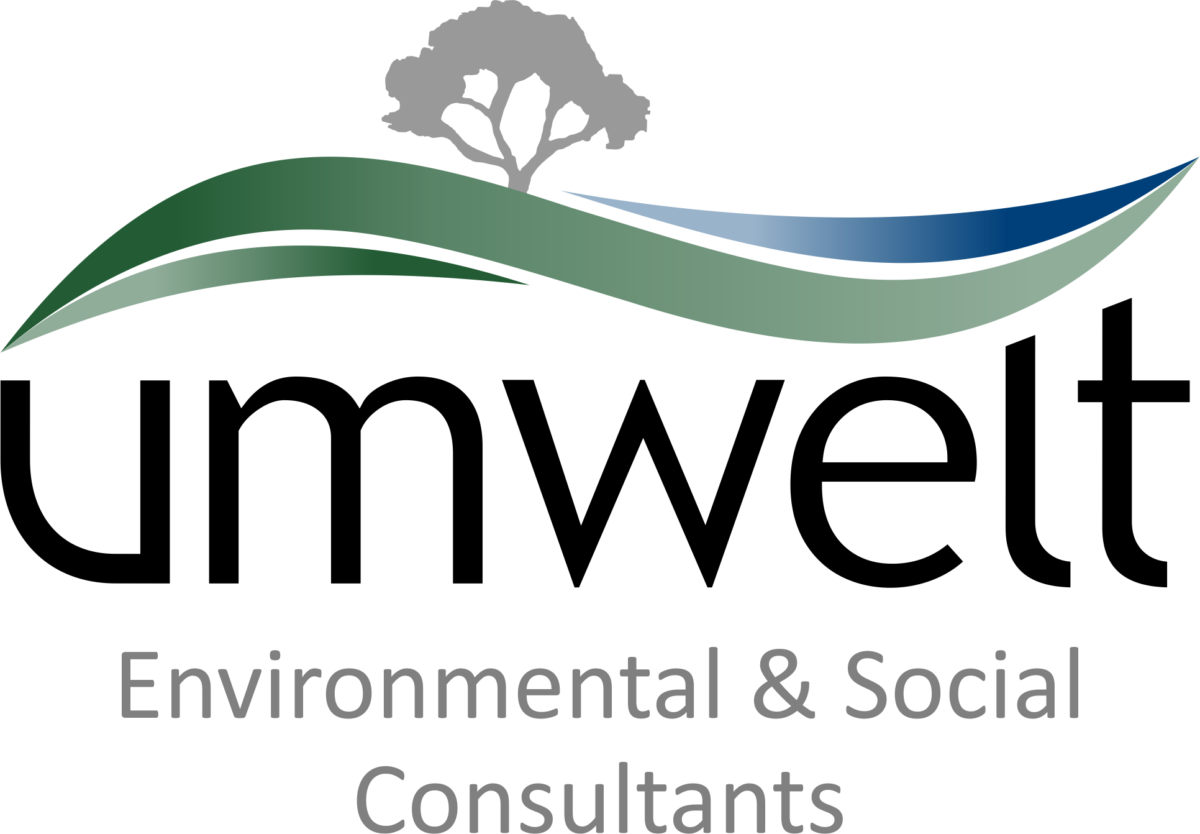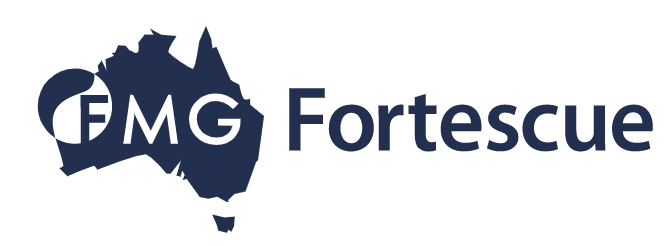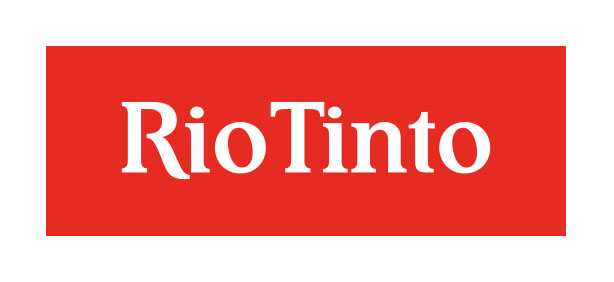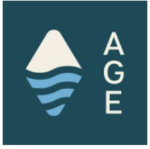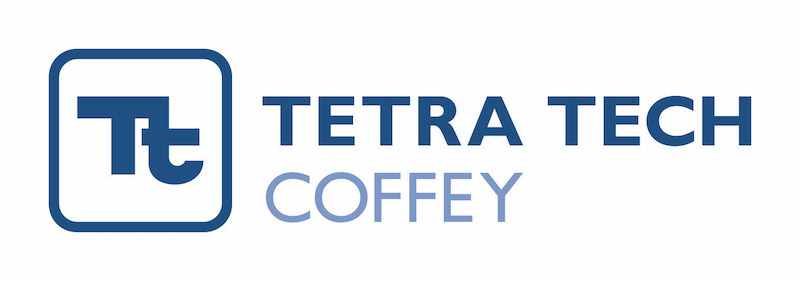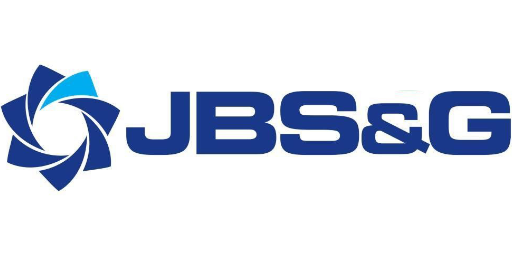Thursday, Nov 25, 5.30 pm
Join us for the annual IAH WA Student night and AGM. This is a great opportunity to hear the findings of recent studies with three 10-minute presenters on a range of topics. The student talks will be proceeded by the IAH WA AGM. If you are interested in helping out on the committee during 2022 please reach out to the current committee (or WA.committee@iah.org.au) or nominate yourself at the AGM.
There is a cash prize for what is voted the best talk of the evening. The student talks will be presented by WA IAH.
Speaker: Liz Abel
Title: 14C dating of groundwater as an indicator of fault properties.
The Leederville aquifer to the west of the Badaminna Fault in the north Gnangara groundwater system is an area that has not undergone extensive groundwater extraction. The connectivity of the Perth Basin aquifers across this fault is important for understanding the impact groundwater extraction will have on the unconfined aquifers on the east of the fault.
Liz’s talk presents the findings of using corrected radiocarbon dates and groundwater flow patterns to determine if groundwater age patterns were useful in discerning properties of the Badaminna Fault. Hydrogeological cross-sections show a large stratigraphic offset across the fault, and radiocarbon dating indicated a mix of water in the Leederville aquifer to the west of the fault, that came from both Leederville and Yarragadee aquifers on the eastern side of the fault.
Speaker: Jamie McArthur
Title: The interplay of lake stage and geological heterogeneity: how each can inform the other.
Lakes are vital landscape features supporting highly diverse ecosystems which are at risk from a warming and drying climate coupled with increased anthropogenic forcing. However, the role of geological heterogeneity in supporting lake formation and determining susceptibility to climate change and anthropogenic forcing is still not well understood.
In this study six alternative geological conceptual models were developed for the Superficial Aquifer in the central Perth Basin with varying degrees of geological heterogeneity. Groundwater flow simulations of these conceptual models were tested against observed lake stage and groundwater level data.
Jamie’s talk summarises findings from the various models, including identification of the risks posed by climate change and the importance of current management and preservation efforts on lakes in the central Perth Basin. Jamie also highlights the benefit of physically simulating lake stage as a discrimination criterion for alternative conceptual models and as a tool to reduce parameter uncertainty around geological heterogeneity.
Speaker: Claudio Vergara Saez
Title: Process-based and probabilistic quantification of MAR-induced metal mobilization, risks, and mitigation strategies.
Managed Aquifer Recharge (MAR) is a water management technique that is increasingly used to reduce water supply gaps derived by a decreasing natural recharge and/or an increasing demand. Although MAR operations mostly generate water quality benefits, there is also a risk of triggering undesirable geochemical reactions, especially during the injection of oxidant-enriched waters into reducing aquifers. This can often lead to the oxidation of sulfide minerals and consequently, the mobilization of trace metals and metalloids. In this study, an emerging case of metal mobilization in Australia’s largest MAR scheme was investigated through a process-based modelling approach to identify and quantify the main hydrogeochemical drivers of the hydrogeochemical changes.
Claudio presents the findings of this work, quantifying model uncertainty and investigation of long term trends of MAR induced metal concentrations and effectiveness of potential mitigation strategies.
If you cannot attend in person join us online.


